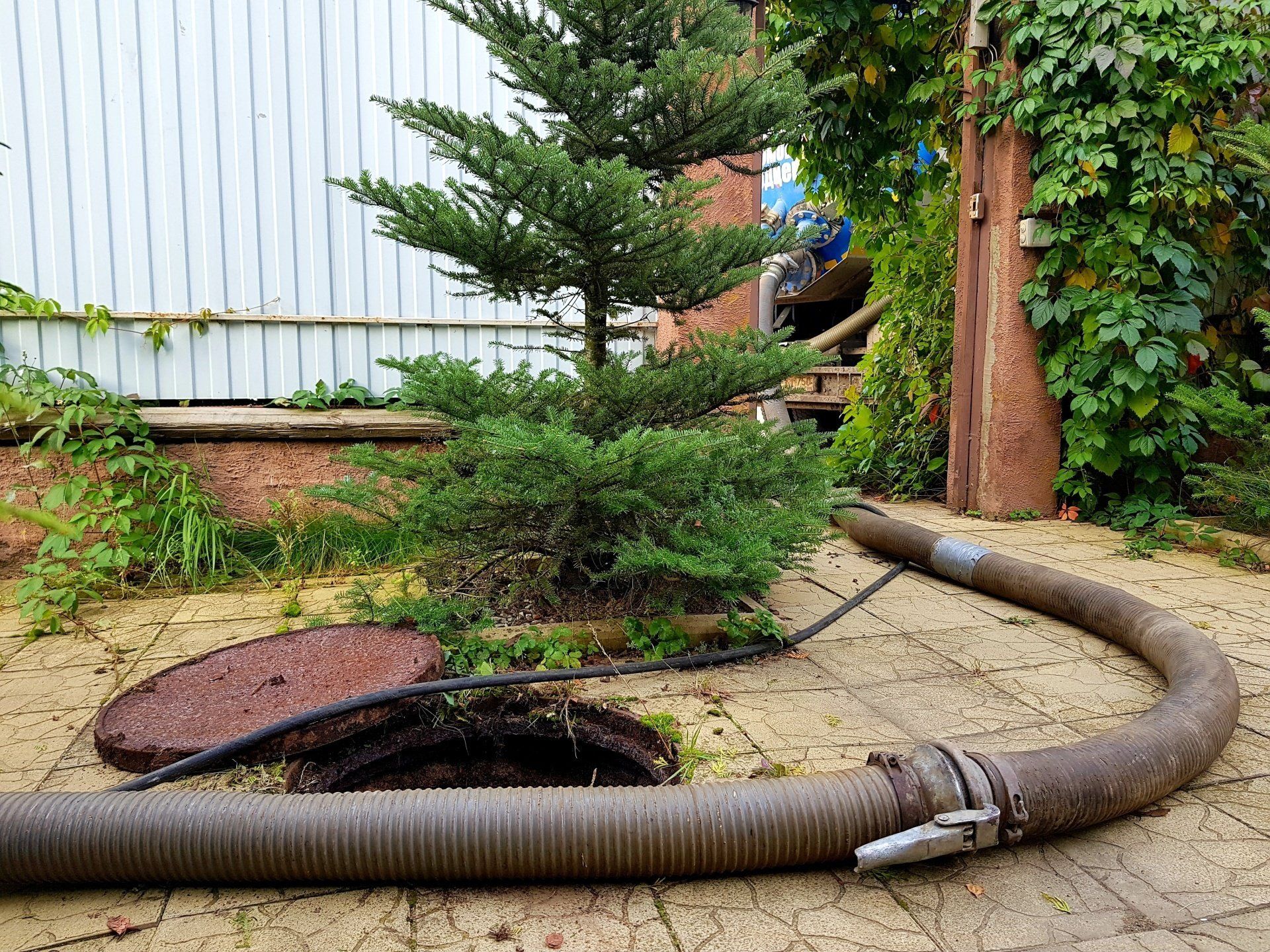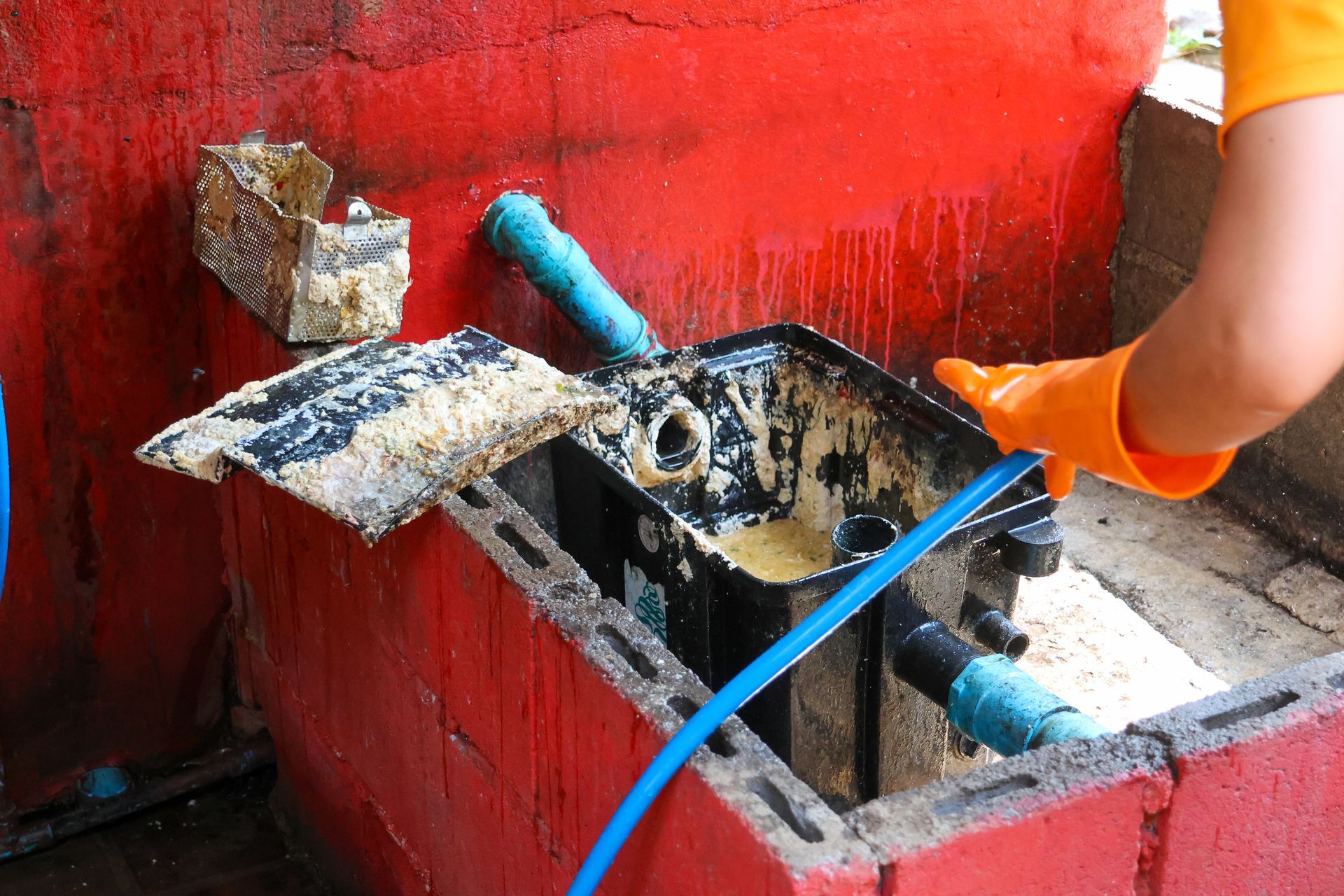What Are the Various Types of Onsite Sewage Disposal Systems?

Earth’s water is a finite resource. Gaining access to new freshwater sources isn’t easy. Effective wastewater treatment and sewage disposal systems allow used water to be decontaminated so that it may be treated and safely reused.
What Are the Onsite Wastewater Treatment Steps?
Step 1: Collection
Water flows down the drain to a wastewater treatment plant, where it is collected. Many larger objects are removed in the early stages of the collection process before it moves on to the pretreatment phase.
Step 2: Pretreatment
Collected wastewater must be pretreated so that particulate matter may be sifted out. The pretreatment step is essential for removing waste that is not safe for the environment. The water is also disinfected during the pretreatment step to destroy any dangerous bacteria or other microscopic organisms. Most wastewater treatment plants use a small amount of chlorine to kill hazardous microorganisms. Ultraviolet and ozone disinfection methods are also used at some wastewater treatment plants.
Step 3: Water Dispersal
Once the impurities are removed, the water is distributed back into the water cycle so it may be reused. From there, the process repeats. Local Atlanta wastewater plants discharge nearly 200 million gallons of treated wastewater each day:
- RM Clayton WRC – Permitted to discharge 100 million gallons per day into the Chattahoochee River
- South River WRC – Permitted to discharge 48 million gallons per day into the Chattahoochee River
- Utoy Creek WRC – Permitted to discharge 40 million gallons per day into the Chattahoochee River
Do We Drink Treated Wastewater?
If you’re worried about drinking or bathing in water that previously went down someone else’s drain, you can rest easy. Approximately 70 percent of Atlanta’s potable water does come from the Chattahoochee River, but there’s no direct loop from wastewater treatment plant into a water treatment plant and then your home.
What Are Septic Systems?
Septic systems are onsite sewage systems. These sewage systems are found in privately-owned residences like homes, restaurants and other businesses. Septic systems treat significantly less water than wastewater treatment plants. The key difference is that a septic system treats the water used at one residence, whereas wastewater treatment plants typically treat the water for an entire community.
How Do Septic Systems Work?
When water and sewage go down the drain, it enters the septic tank. Bacteria in the septic tank break down the sewage, feeding on the waste and leaving water behind. The water flows out of the septic tank and into what’s referred to as a drainfield. Substances that the bacteria cannot break down, such as grease, build up in the septic tank over time.
Why Do Private Residences Need Septic Systems?
Private residences in rural areas need septic systems if they are not connected to the sewer system.
How Can I Keep My Septic Tank Clean?
Since septic tanks rely on bacteria, it is important that a septic tank is not cleaned too frequently because it takes time for the bacteria to accumulate. Experts generally recommend a professional cleaning every couple of years. The more pressing concern is properly disposing of trash, grease and other substances that are not meant to go down the drain.
Georgia restaurant owners can avoid backups, repairs and local fines by staying on top of their own grease trap cleaning. A well-maintained grease trap prevents troublesome fats, oils and grease (FOG) from reaching sewers and causing problems.
Schedule Grease Trap Cleaning and Fryer Oil Recycling in Georgia
Do you need your grease traps cleaned or your fryer oil recycled? If you do, consider Southern Green Industries’ commercial services. At Southern Green Industries, we care about helping your business and the local Georgia environment. Please visit our website to get a quote or to learn more about us. You can call us at 404-419-6887 to schedule grease trap cleaning or fryer oil recycling.
Recent Blog Posts
Contact us Today for a FREE Quote
We are committed to making grease trap cleaning and fryer oil recycling as clean and easy as possible. If you’d like to learn more about our services or get a quote, give us a call at (404) 419-6887.



